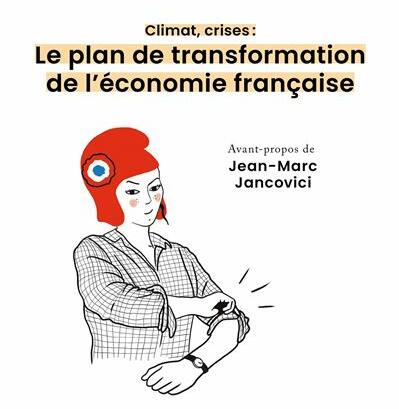Matthieu Auzanneau, the executive director of the Shift Project and the author of Or noir, la grande histoire du pétrole (La Découverte, 2015) explains in this educative video why extractive industries in general and particularly fossil fuel industries may be bound for change within the coming next years, by fair means or foul. Find it on our YouTube channel!
By fair means or foul, extractive industries bound for change: climate change, finite resources
By fair means: climate change VS coal, gas and oil
In this video on climate change and the fossil resources depletion, Matthieu Auzanneau mentions the constraint imposed to extractive industries. Indeed, limiting the rise in temperatures to 2 ° C implies that about 80% of our proven reserves of oil and gas should remain buried. Regarding coal, all remaining coal reserves should stay underground to limit the temperature rise to + 2 ° C.
The implications for the fossil fuel industry are, of course, huge and can explain why so many fossil fuel companies have, in the past, supported the idea that climate change was a hoax.
By foul means: finite fossil fuel resources and the investment wall
All forms of alternative energy to fossil fuels are more complex than these and therefore more difficult and expensive to implement. Indeed, energy is intimately linked to the ability to exercise power: all individual and collective expressions of power depend on the availability of energy.
He also mentions the production of conventional oil which is stabilized since 2005, and this despite a tripling of investments after 2005 up to 700 billion dollars in 2014. The lack of investment, compared to the increased needs, induced by the growing difficulty of extraction, is such that it could quickly lead to a deep crisis for the oil and gas industry. And the change that is needed now has several reasons to come as fossil industries face both the need to limit climate change and the physical limits on the extraction fossil fuels.

